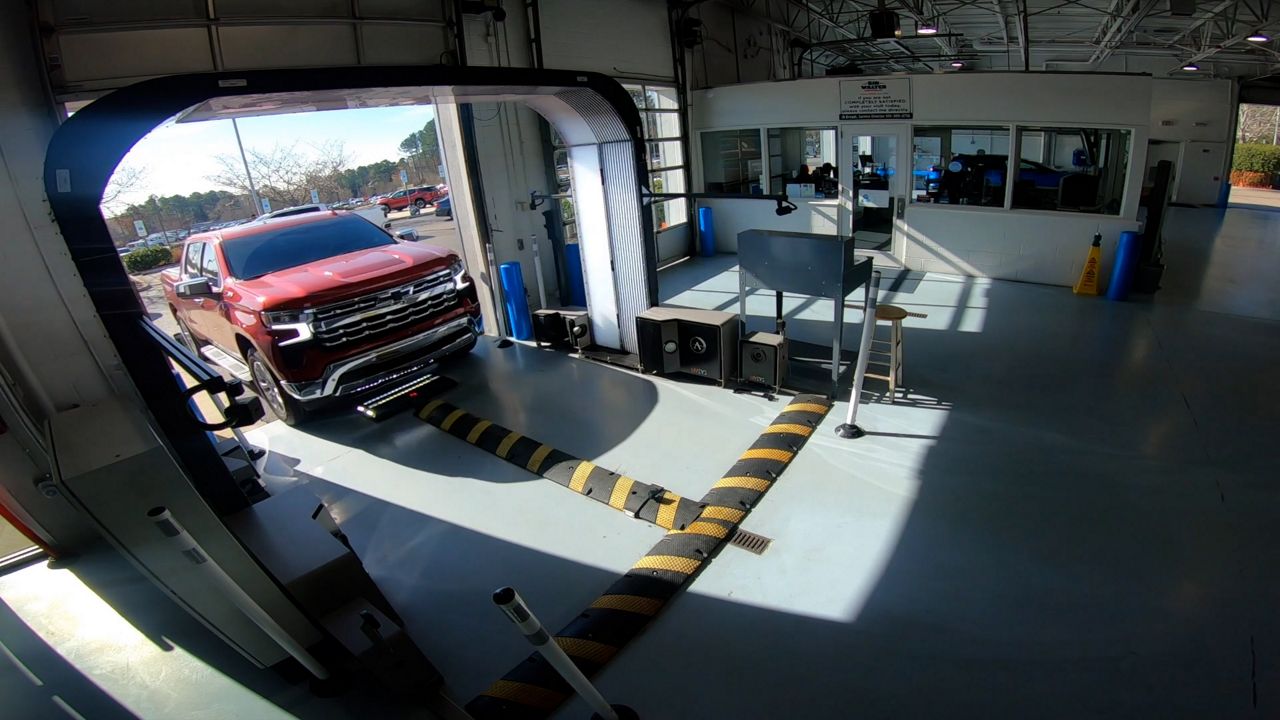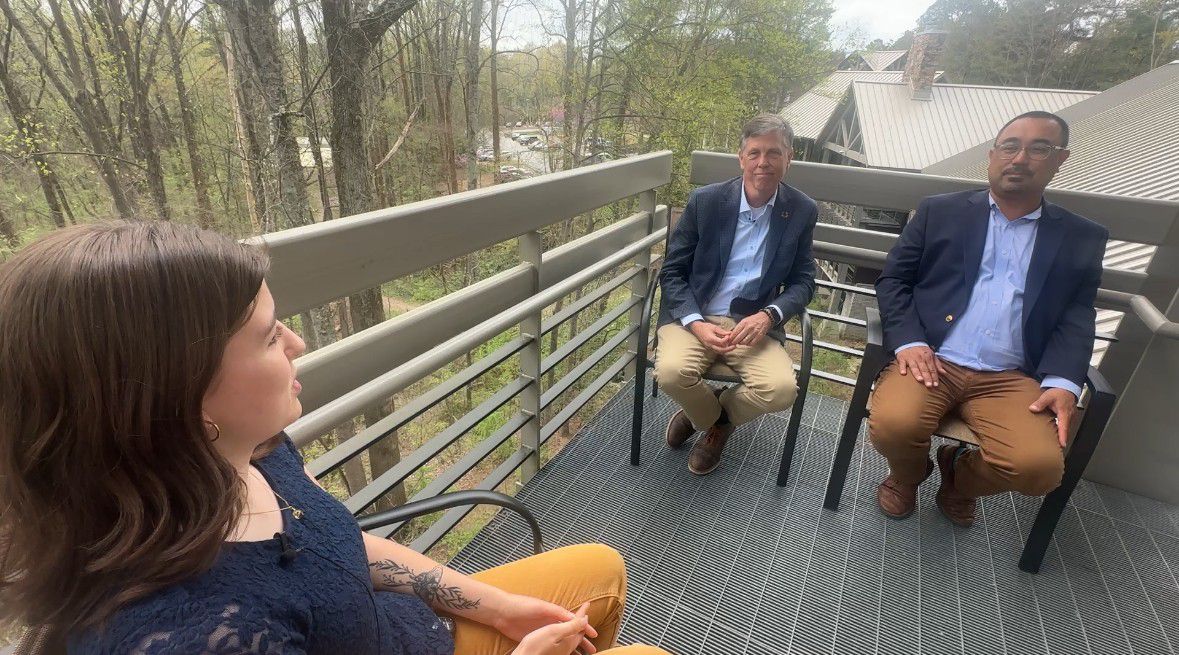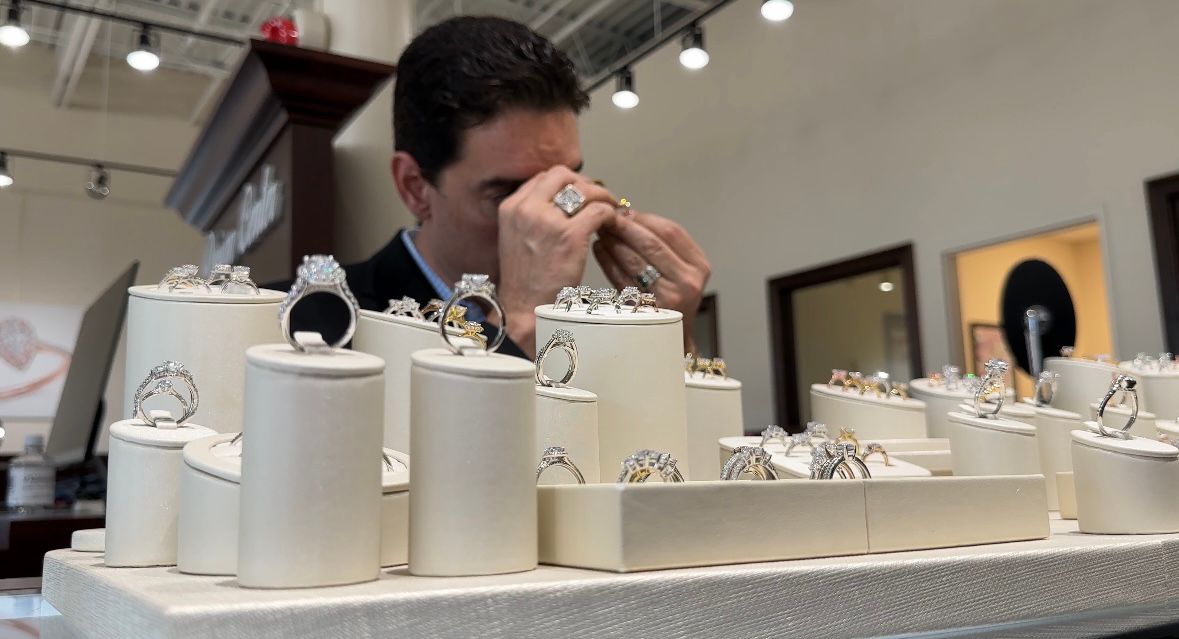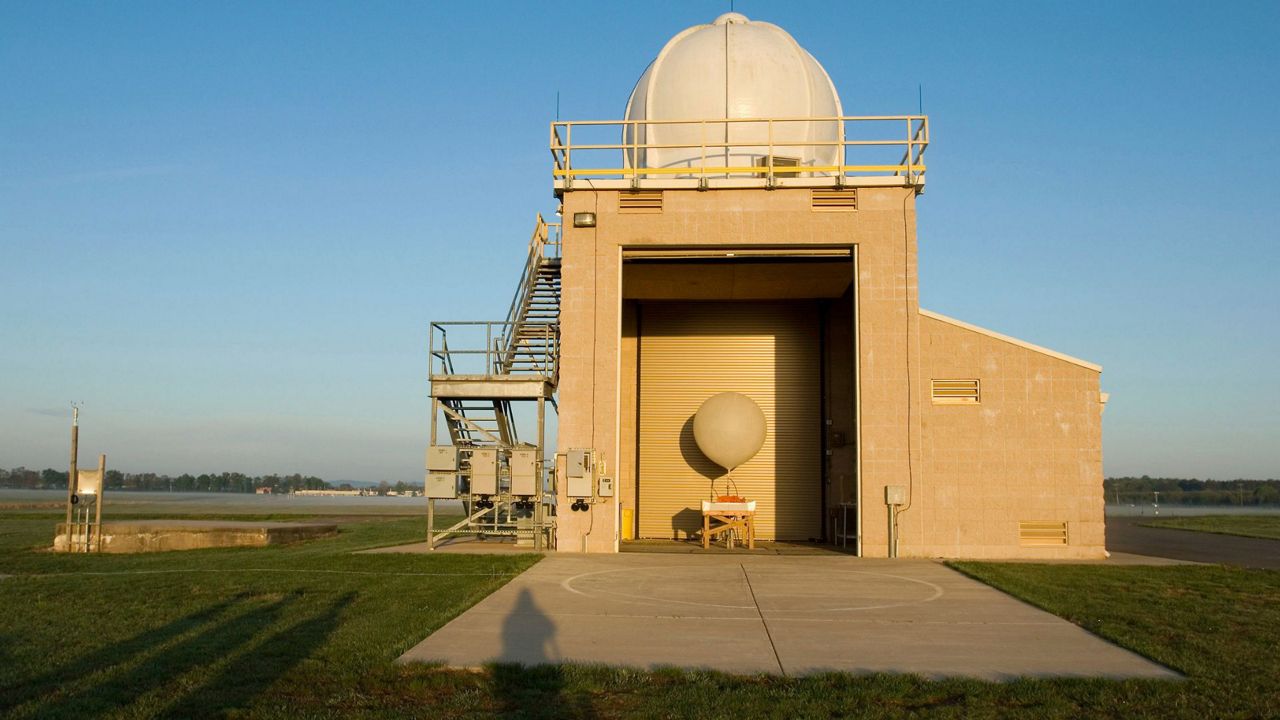CHARLOTTE, N.C. — Cancer cases in women are increasing, according to a recent study by the American Cancer Society.
Experts say screenings are key to finding cancer early, which can lead to a more positive outcome.
Kristen Magliocca and her husband Rick are partners in life and business.
“It’s just a lot of fun and we work together,” she said. But last year, they were presented with one of life’s most difficult challenges.
“We were taking care of lots of aging parents, the loss of a dog. Business has been a little bit tougher this year, so really just taking care of other things,” Magliocca said.
Magliocca went in for a checkup and the doctor found HPV. Then, after having a procedure, the doctor told her something was still wrong.
She was diagnosed with cervical cancer.
“Cancer doesn’t make all life stop. You know, nothing stops. It keeps on going,” she said.
She was shocked when she got the news and said it really didn’t register. “I just felt like it was an out-of-body experience,” she said. “It’s just something that I needed to digest.”
Luckily, she was able to receive a hysterectomy that was completed robotically and is now back to full health.
Dr. Matt McDonald with the Novant Health Cancer Institute says early screening is what helped Magliocca.
“She’s one that is an active participant in her cancer journey, an active participant in discovering her cancer and certainly was following guidelines and getting screening when appropriate, and that screening works,” McDonald said.
Magliocca’s diagnosis comes at a time when cancer in women is on the rise.
According to a recent study from the American Cancer Society, cancer cases in women aged 50 to 64 have surpassed those of men. The study also showed that cancer rates in women under 50 are now 82% higher than men.
McDonald says the reason for this uptick in cases isn’t completely understood yet with every type of cancer.
“I think it’s going to take some time, years, for us to really learn exactly why. But there’s a lot of people feverishly working on those questions,” McDonald said.
He says some of those factors could be related to the environment or obesity. But one thing McDonald is certain of is that early detection is key.
“We’re doing better with screening. Patients are following screening guidelines. We’ve got more screening tools and hence, hopefully that translates to catching cancer more frequently at an earlier stage of disease,” McDonald said.
Now that Magliocca is cancer free, her journey will serve as an important reminder.
“I feel like life is short and we should celebrate every day while we’re here,” Magliocca said. “When you go through this, what you wish for is more time, more memories. I’ve been gifted that.”
The study also showed that this year there will be an estimated 2 million new cancer diagnoses in the U.S., and inequalities with cancer deaths still exist.
Black people are twice as likely to die of prostate, stomach, uterine and cervical cancers as their white counterparts.






-1?wid=320&hei=180&$wide-bg$)






